Keeping chicken for the production of eggs can be done both as a hobby and a business. Now that the eggs you were waiting for several months have started flowing, you need to understand the art of egg washing.
Egg washing is essential, especially if you are planning to eat or sell the eggs. You have to ensure that the eggs are safe, clean, and very attractive to potential buyers.
Why You Should Wash Your Eggs
Eggs might come to contact with fecal matter and other environmental bacteria at the chicken shade. These bacteria can lead to severe or even deadly diseases in people who eat the egg.
Coli is one such bacteria. Coli can get into an egg when you crack it open without thorough egg washing. Salmonella is also another deadly bacteria found in dirty eggs.
Salmonella grows in the intestines of animals and is transmitted through the feces of chicken. Humans who get infected by salmonella are often infected after consuming products that are indirectly or directly contaminated by the feces of animals. In chicken, this usually happens when an egg is laid in a poorly managed chicken environment.
Should You Wash Eggs Bought in a Store?
You will be pardoned when you assume that eggs sold in stores have undergone a thorough egg washing process. However, you can wash the eggs one more time to guarantee your safety.
Should You Leave Your Fresh Eggs Unwashed?
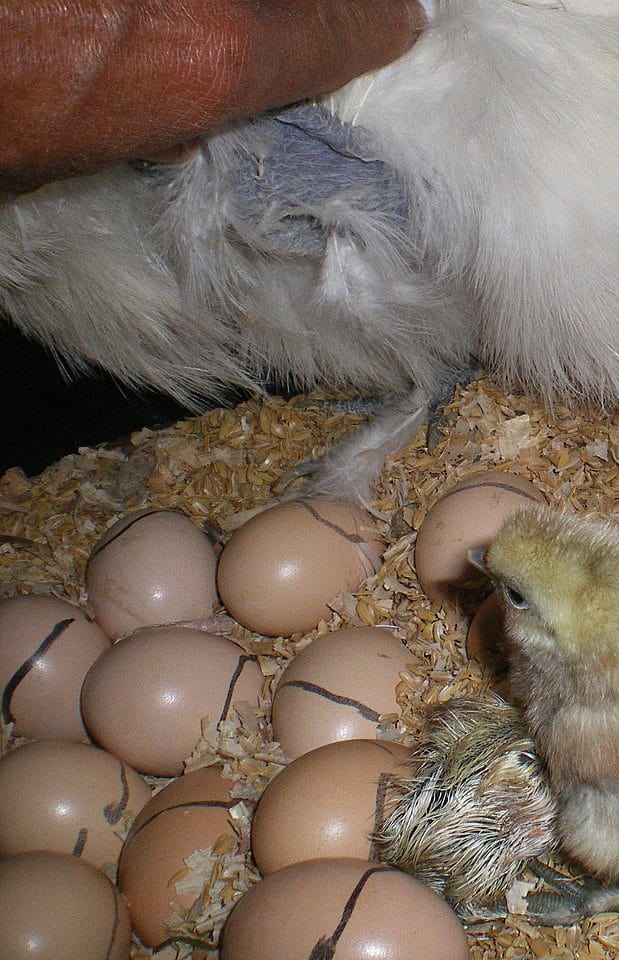
Fresh eggs are protected with bloom. The bloom is a thin layer of coat that surrounds the whole egg. It protects the inside of the egg from external bacteria.
It seals the egg, thus allowing developing chicks to grow without any interference. The bloom also protects the egg from losing excess moisture.
The bloom also protects humans who consume eggs against getting infected with dangerous bacteria that might have gotten into the washed eggs. Eggs from the grocery store often lack bloom.
Therefore, you need to refrigerate them as soon as possible. You should also eat these eggs sooner than you would eat unwashed eggs.
Is It Good to Leave Fresh Eggs on the CounterTop?
Fresh, unwashed eggs cause no harm to consumers of eggs when they are left on the countertop for a while. These eggs can be left on the countertops for weeks before you can refrigerate them.
In most cases, eggs begin to lose their great taste after two weeks. Therefore, it is up to you to decide how soon you want to consume the eggs stored on the countertops.
In any case, you need to wash the eggs before you break them. Cleaning the eggs at this state eliminates any droppings on the shell of the egg. It also removes any bacteria that might be on the egg.
How to Clean Chicken Eggs
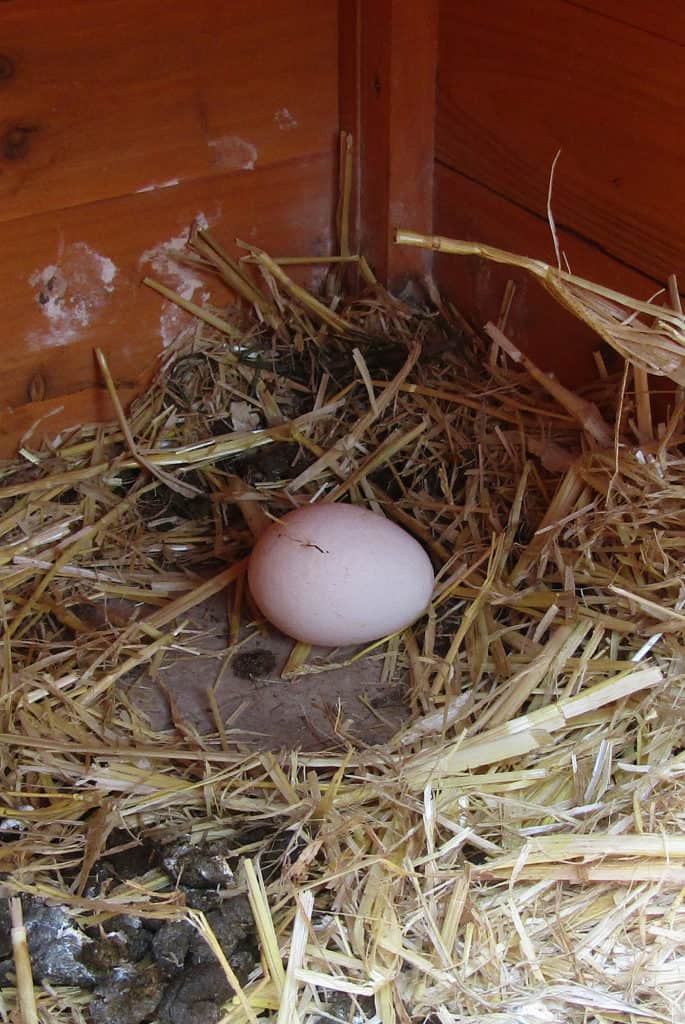
How do you clean eggs? There are several tips to follow during the egg washing process that will ensure you complete the operation safely without breaking any egg. These tips include:
Do Not Clean Eggs With Cold Water
You are likely to drop all your eggs in water and start the simple egg washing process. However, you should avoid submerging your eggs in cold water. Coldwater forces the pores on the eggshell to suck in bacteria from the surface into the egg, where they pose more danger to you.
In addition to this, eggs contain a naturally antibacterial layer known as bloom. Washing them the conventional way eliminates the bloom, thus encouraging bacteria to grow on the outer surface of the egg.
Washing eggs the wrong way might do more harm than good to your fresh eggs. A simple wash and rinse of your egg eliminate the protective layer of an egg – bloom. In turn, it re-opens pores on the eggshell, thus leaving the egg exposed to bacteria.
Consider Dry Cleaning
Dry cleaning is a great way to conduct a successful egg washing process. Use a dry towel to wipe dirt and fecal matter from the egg. The cloth should be a bit abrasive to eliminate dirt from the shell.
With this method, you are able to keep the bloom intact and remove all the dirt on the surface of the egg. You can also use a loofah, sanding sponge, abrasive sponge, or fine sandpaper to dry clean all the eggs.
Occasionally sanitize the loofah or sponge. If you do not sanitize, you can opt to discard the used sponge in exchange for a new one.
Wet Egg Washing
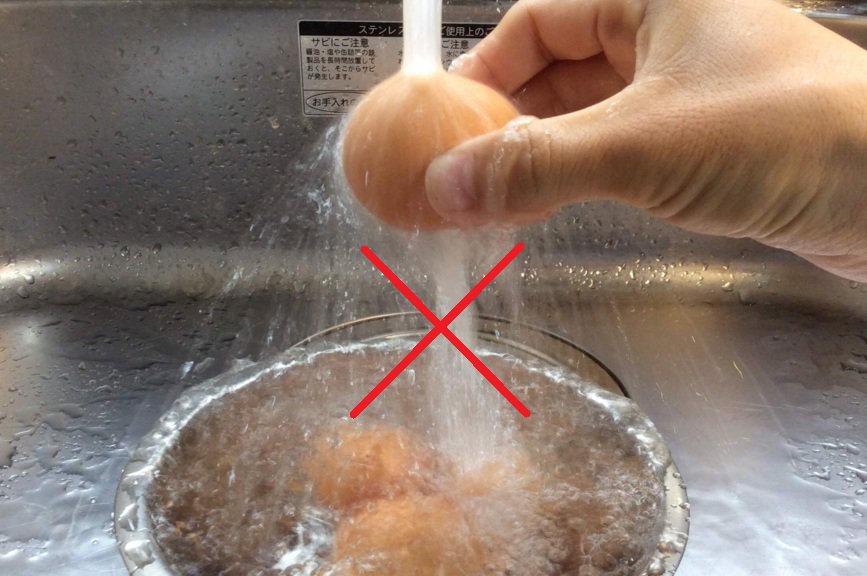
As long as you are in the business of producing eggs for sale or eating, you are bound to come across eggs that are too grimy or very unpleasant to clean using the dry method.
This is especially the case when an egg yolk or chicken feces dries on the surface of the egg. In such a scenario, wet washing the egg is the most appropriate approach.
The first rule for wet washing your eggs is to use water with a temperature higher than the temperature of the eggs. This prevents the likelihood of bacteria to be sucked into the egg through pores on the shell of the egg.
The temperature of the water should be maintained at medium warmth. It should neither be hot or tepid. Here are more rules that you need to observe when wet washing your eggs:
- Avoid washing the eggs using running water from the faucet. Additionally, you should not spray the eggs while in wire baskets or washer flats with warm water. Allow the eggs to settle then pick one egg after the other as you wipe them using paper towels. Transfer the clean eggs to a different flat or basket.
- You should neither immerse the eggs in warm water nor allow them to stand in the water.
- Using a sanitizing spray with a mixture of well-diluted bleach and water, spray the clean eggs. Once you are done sanitizing the eggs, allow them to dry up on a basket, washer flat, or on a rack.
- If some eggs still contain stubborn stains, you can remove them by immersing the eggs in warm vinegar.
Other than egg washing, it is crucial for you to ensure that your chicken management method helps in getting clean eggs. Here are some of the things you can do:
- Teach yourself the best way to clean the chicken coop – Cleaning the coop well will ensure you collect clean eggs, thus eliminate the need to wash the eggs. The fewer chicken feces is available in the coop, the less likely your chances of collecting dirty eggs.
- Roof the nesting boxes – When you roof the nesting box, you prevent the possibility of chickens to excrete on the eggs.
- Place roots higher than open nesting boxes to discourage roosting on the nesting boxes – Chickens love to roost on higher areas in the coop. When the roosting bar is higher than the nesting boxes, the chicken will opt for the higher area and avoid roosting on the nesting box.
- Collect the eggs often and early in the day – If eggs spend less time in the coop, there is a lower chance for it to get dirty.
Summary
Egg washing is not as simple as you, though. However, it is just as important as you had thought earlier. It protects you from potential bacterial infection.

Joseph Hudson has been raising chickens for over 15 years. In 2018, he completed the Agriculture & Natural Resources program at Mt. San Antonio College. He currently raises over 1400 chickens on his 7.5-hectare farm. He keeps sharing his experience on raising healthy and happy chickens on Chicken Scratch The Foundry.
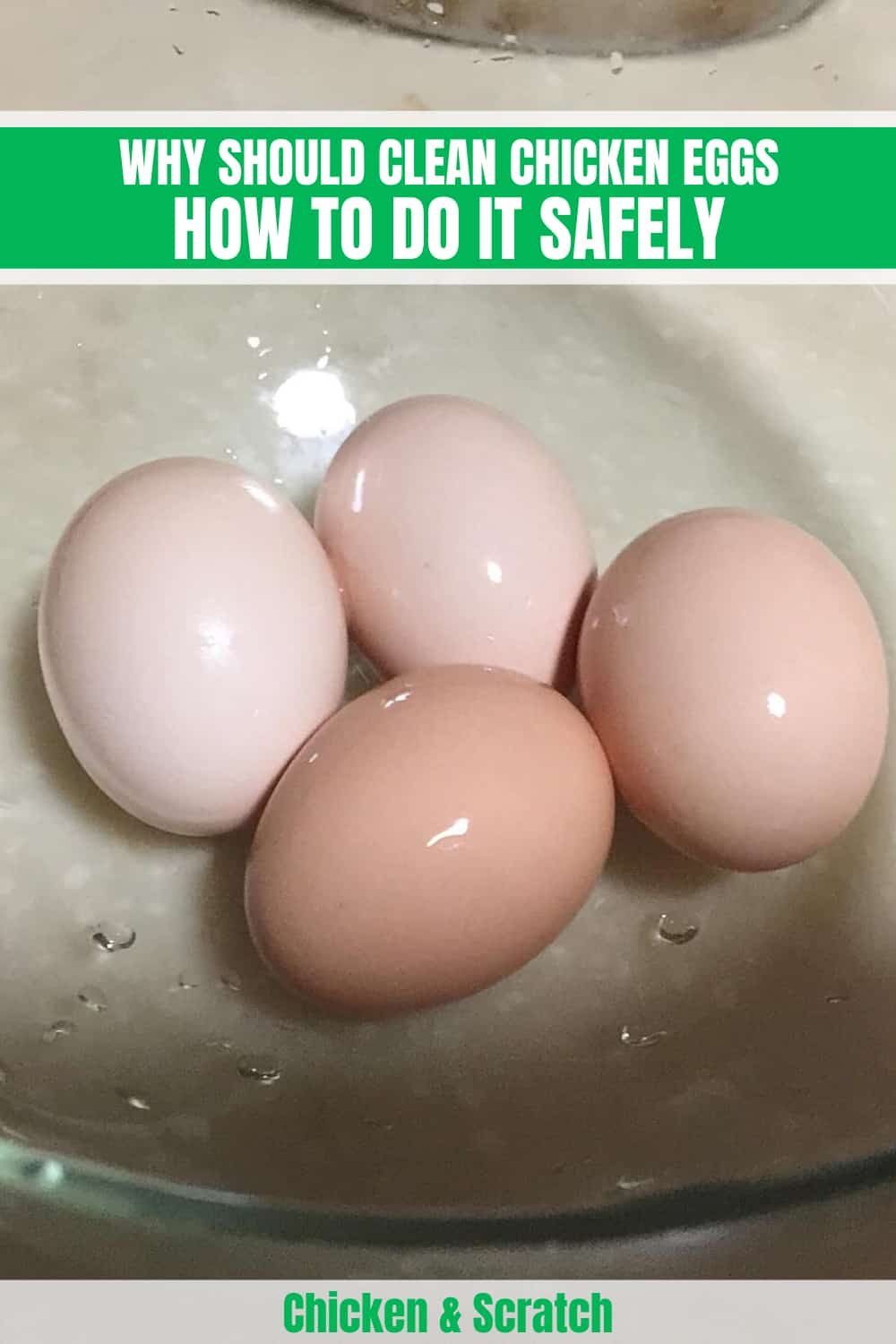
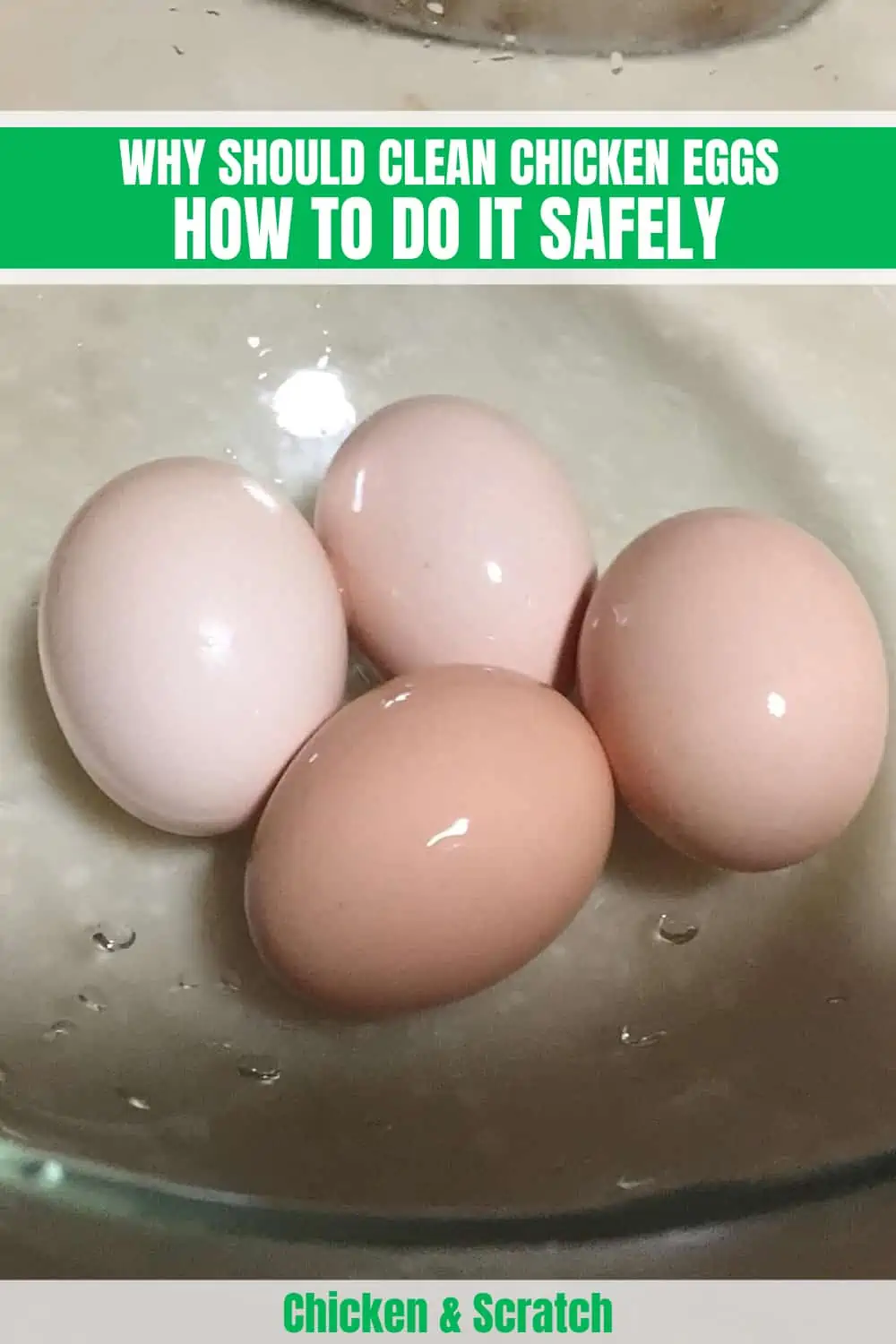







How to import to pakistan?
I must cook clean after buying eggs from the market. The problem is that we often do not follow proper procedures when cleaning eggs. Again, many times We cook without cleaning well. What many of us don’t know is that unclean eggs can contain deadly germs. Thanks for highlighting the correct and very important information of egg cleaning.